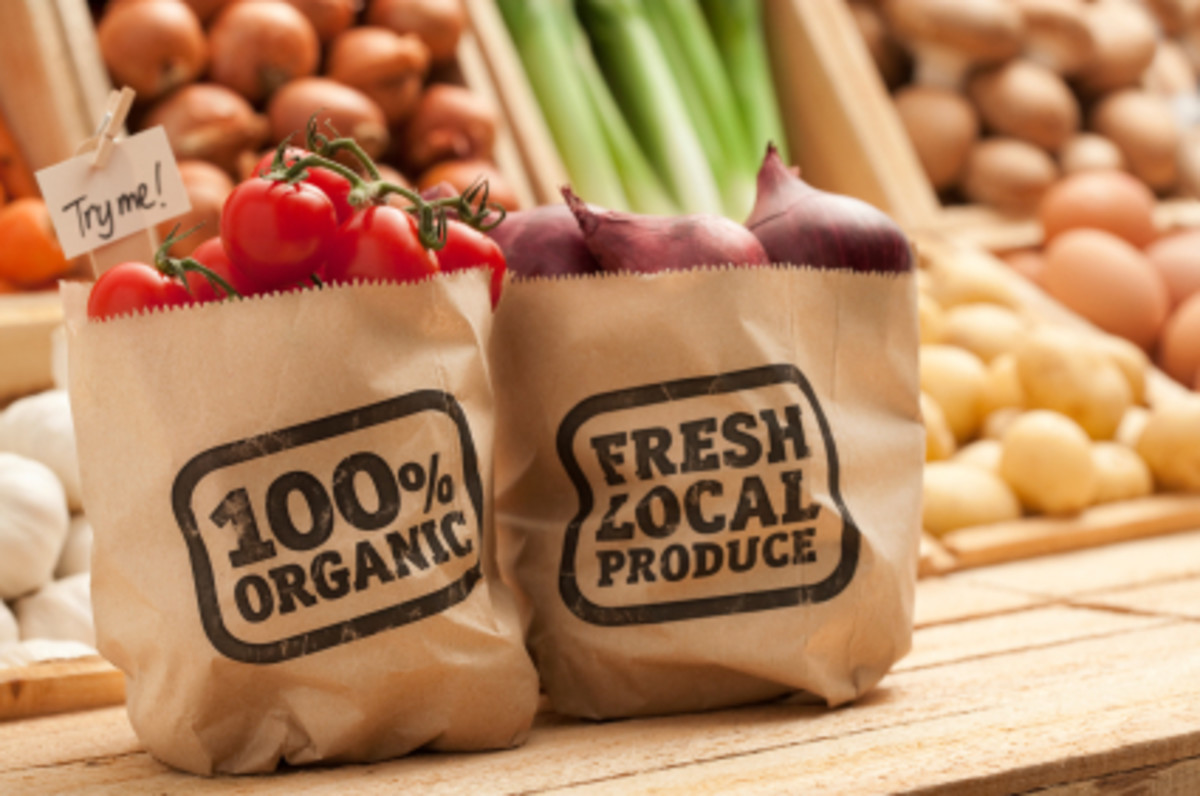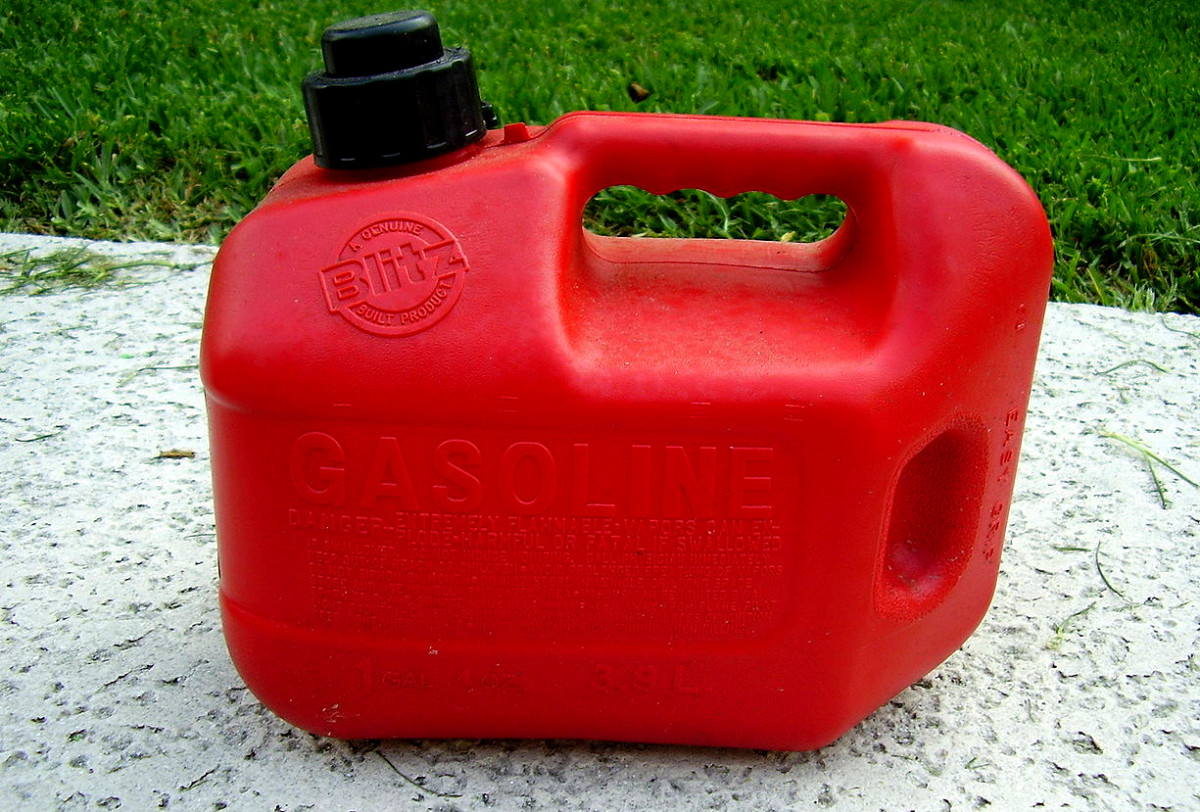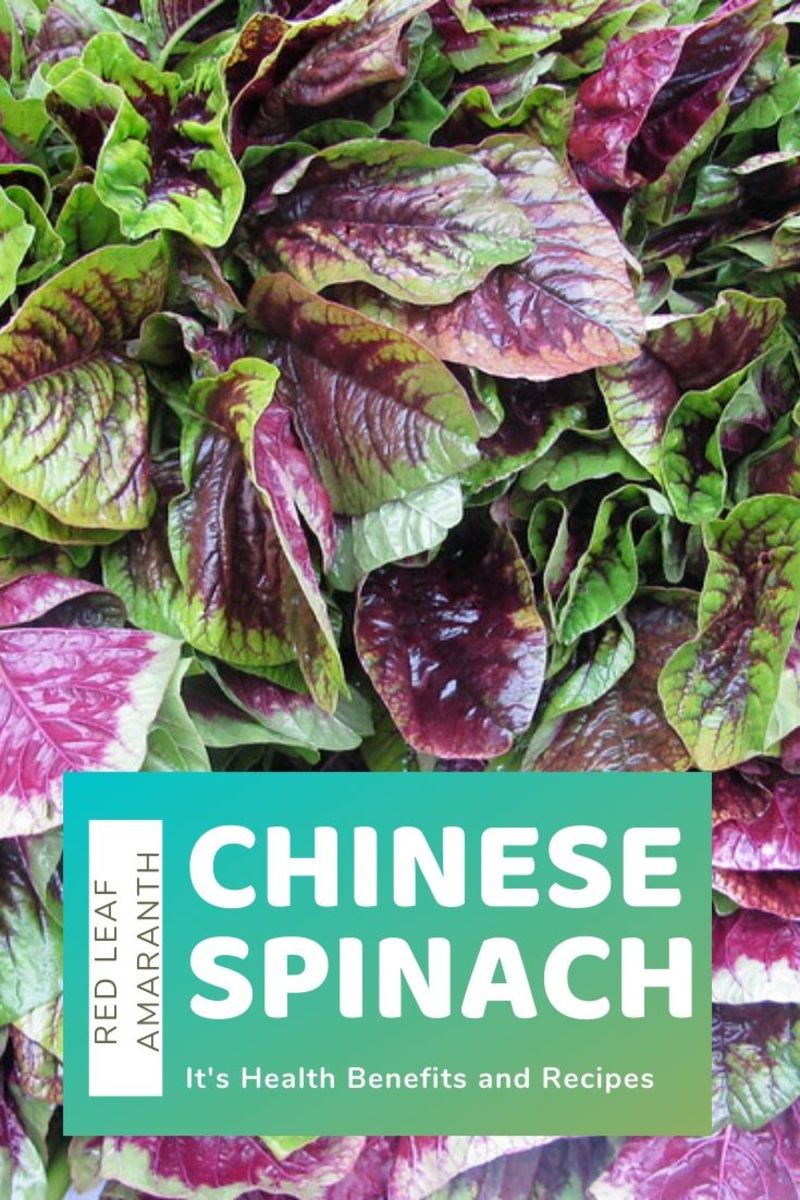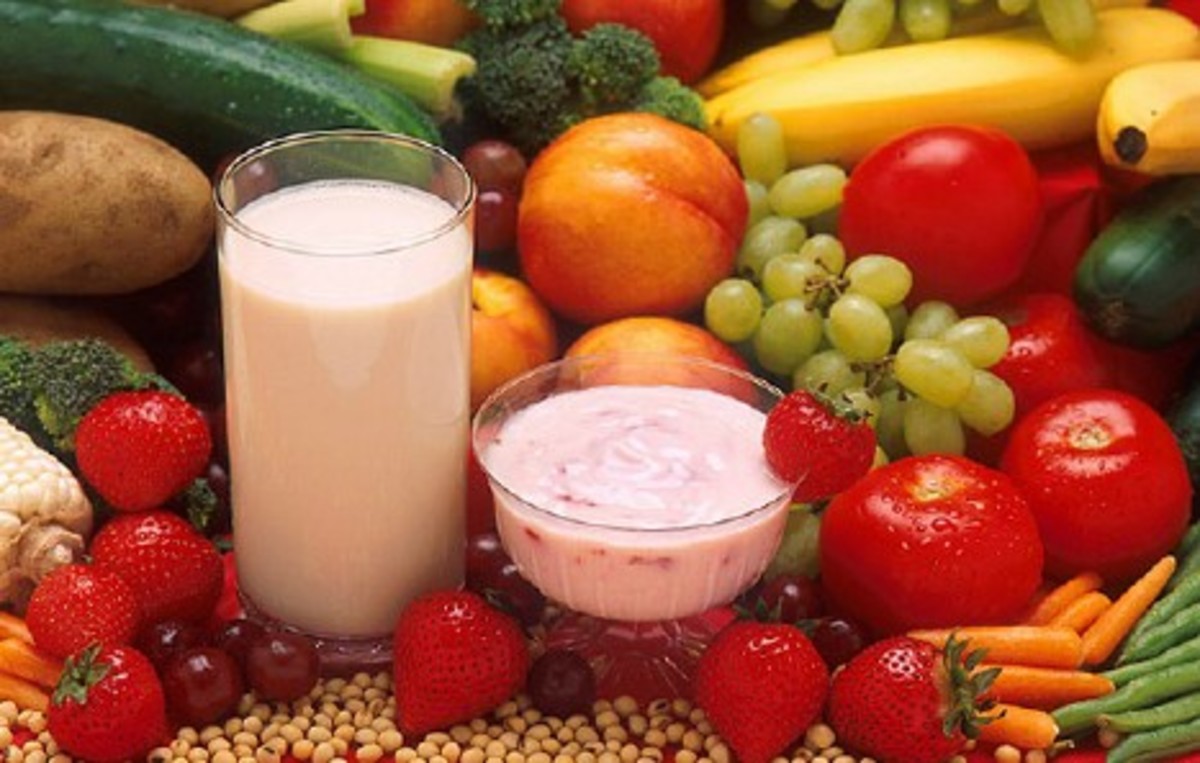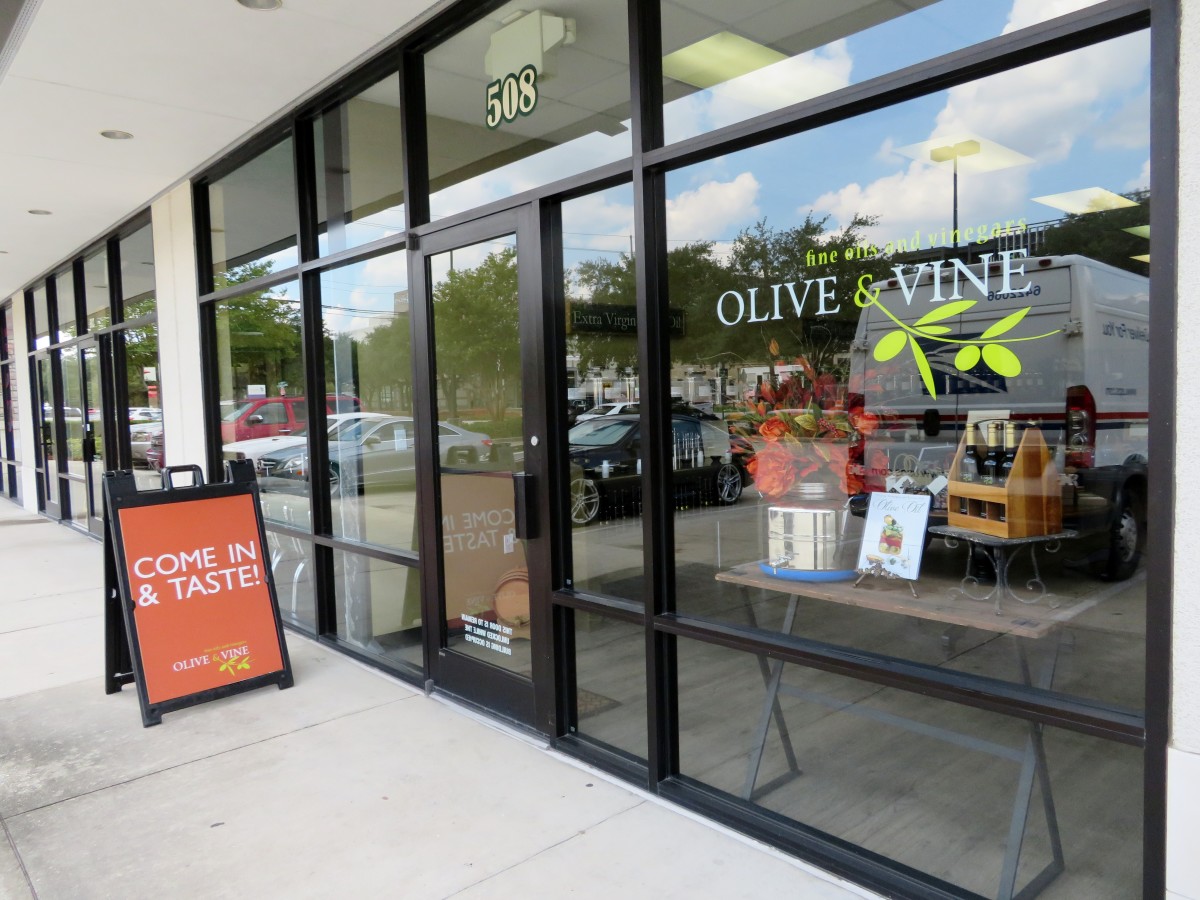When to buy organic produce: The dirty dozen and the clean fifteen
Indoor Veggies! A tower garden is a great solution.

Organics: The Dirty Dozen and the Clean Fifteen
If you're new to organic shopping you may be unaware of the Dirty Dozen and the Clean Fifteen. What does it mean? The dirty dozen are 12 produce items that are found to have the heaviest pesticide and toxic load (provided by Environmental Working Group).
Pesticides can mirror hormones in the body and can cause cascading health problems that begin when the hormone cycles in the body are disrupted. These chemicals are known as "hormone disruptors" and they are related to nearly every "new" disease to pop up in the past 20 years - most of which have a root cause of a hormone or chemical imbalance in the body.
These culprits sneak into our bodies from what we eat, drink, and via the skin. The skin is the largest organ on the body. The EWG has a great database where you can look up everyday products to find their toxicity level, as well called the Cosmetics Database. Now, let's get onto those fruits and veggies!
The Dirty Dozen: Buy these USDA Organic, whenever possible.
- Apples
- Celery
- Sweet Bell Peppers
- Peaches
- Strawberries
- Nectarines (Imported)
- Grapes
- Spinach
- Lettuce
- Cucumbers
- Blueberries
- Potatoes
The Clean Fifteen: Low pesticide
- Onions
- Sweet Corn*
- Pineapples
- Avacado
- Cabbage
- Sweet Peas
- Asparagus
- Mangoes
- Eggplant
- Kiwi
- Cantaloupe
- Sweet Potato
- Grapefruit
- Watermelon
- Mushrooms
*Keep in mind that most corn grown in the US is genetically modified. If you have concerns about GMO foods (and you should!) you should certainly buy organic corn, since GMO products are not required to be labeled in the United States. I'll bark up that tree another day.
So there you have it. Save a bit of money on produce while still avoiding pesticides. Do your part to support biodiversity by shopping at your local farmers market, your local produce stand, and straight from the source if you're lucky enough to have access to such wonderful stuff! Buy in-season - even hydroponically grown produce is a great option - and if you're really dedicated you could grow your own with a tower garden.


